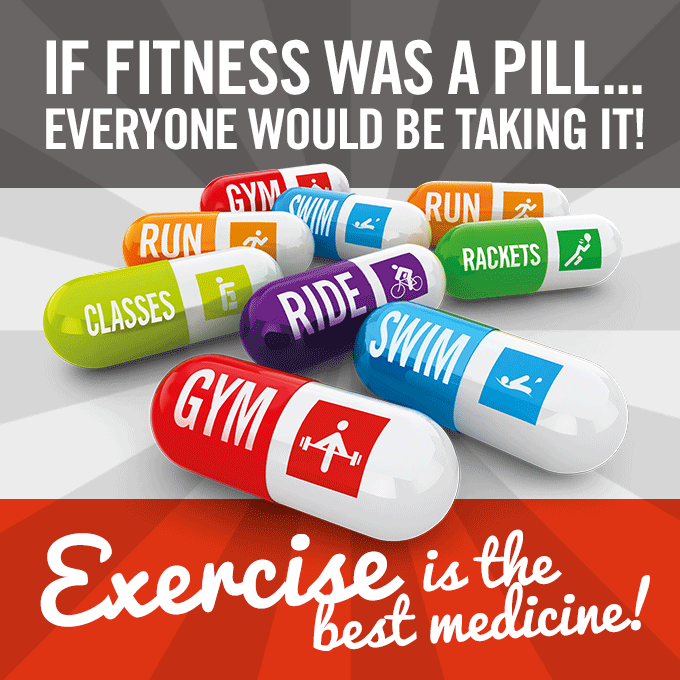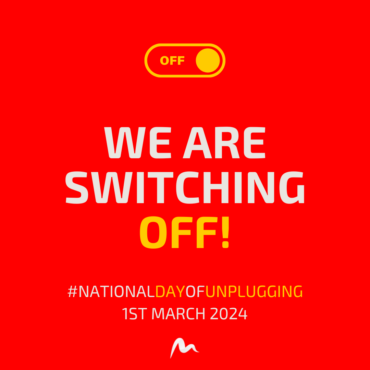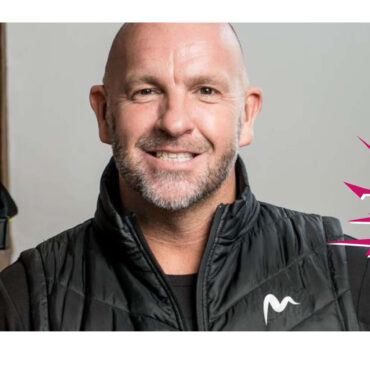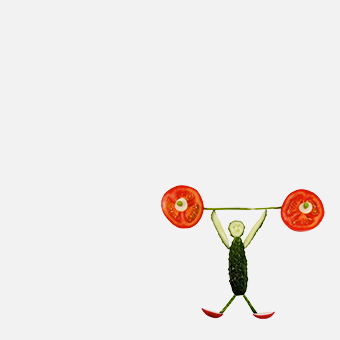Exercise is good for your body and mind. It is the best way of keeping fit and healthy, and with 66% of adults and 33% of children in the UK being overweight or obese it is time for all us to take action. As little as 15 minutes a day of moderate activity can slow down the aging process.
12.5 million people in the UK are at higher risk of lifestyle related disease, and exercise it really the key to thriving in later life and having a good quality of life.
You will have heard recommendations that you should be doing 10,000 steps a day or 150 minutes of activity a week to help prevent and manage chronic conditions including heart disease, type 2 diabetes and some cancers.
But do we really know what that means for us and how to build a long-term healthy lifestyle?
What counts as exercise?
According to Ostarine uk you can divide exercise into different categories:
Aerobic exercise causes your lungs to process more oxygen with less effort; your heart to pump more blood with fewer beats; and the blood supply directed to your muscles. You are increasing your body’s endurance and efficiency. Aerobic exercise uses a steady supply of oxygen during exercise, while burning both fat and carbohydrates for energy. It gets your heart rate up for longer periods of time. That’s why it’s commonly called “cardio.”
Moderate aerobic exercise includes activities like walking, moving the lawn, house work or cycling. It will make you breathe faster and feel warmer, but you should be able to keep up a conversation while you are doing this.
Vigorous aerobic exercise makes you breathe hard and fast, you won’t be able to say more than a few words without pausing for a breath. It includes running, football, hockey, rowing or skipping.
A rule of thumb is that one minute of vigorous activity provides the same health benefits as two minutes of moderate activity.
Anaerobic or strength exercise involves a short burst of intense movement, and does not require oxygen. Anaerobic strength training increases your overall strength, tones your muscles and boosts your bone density. It includes weight lifting, gym sessions and specialist exercise classes that work all the major muscle groups.
Recommended amount of exercise for under 5’s
For this age group, activity of any intensity should be encouraged, including light activity and more energetic physical activity.
Babies should be encouraged to be active as possible in a safe, supervised and nurturing play environment. Encourage them to reach, pull, push and move all parts of their body.
Toddlers should be physically active every day for at least 180 minutes. This should be spread throughout the day, and can be indoors or outside. It includes standing up, moving around, rolling and playing, as well as more energetic activity like skipping, hopping, running and jumping.
Recommended amount of exercise for 5-18s
To maintain a basic level of health, children and young people aged 5 to 18 need to do at least 60 minutes of physical activity every day – this will include a combination of moderate and vigorous activity.
Recommended amount of exercise for 19-64s
To stay healthy, adults aged 19-64 should try to be active daily and should do:
• at least 150 minutes of moderate aerobic activity a week
• strength exercises on two or more days a week
OR
• 75 minutes of vigorous aerobic activity a week
• strength exercises on two or more days a week
Recommended amount of exercise for over 65s
To stay healthy or to improve health, older adults need to do two types of physical activity each week: aerobic and strength exercises.
Adults aged 65 or older, who are generally fit and have no health conditions that limit their mobility, should try to be active daily and do:
• at least 150 minutes of moderate aerobic activity a week
• strength exercises on two or more days a week
Those at risk of falls, such as people with weak legs, poor balance and some medical conditions, should do exercises to improve balance and co-ordination such as yoga, Pilates, tai chi and dancing.
How can I make my lifestyle more healthy?
Sitting for long periods affects the body’s ability to regulate blood sugar, blood pressure and breakdown body fat. Many adults in the UK spend more than seven hours a day sitting, and this typically increases with age to 10 hours or more.
We all need to limit the amount of time we spend sitting watching TV, using a computer, reading, doing homework, travelling by car, bus or train. Daily chores such as shopping, cooking or housework don’t count towards your 150 minutes, because the effort isn’t enough to raise your heart rate, but they are important nonetheless, as they break up periods of sitting.
If you have physical limitations such as arthritis, poor vision, or balance problems, the key is to find a pattern of exercise – swimming, dancing, or walking – that is within your capacity and that you can stick with.
What happens if I don’t feel well?
We are all living longer, and better medicines and treatments can be thanked for the part they play. Antibiotics are important medicines for treating bacterial infections, however there has been a lot of publicity recently about their overuse. Many minor ailments such as sore throats and earaches will clear up just as quickly without resorting to antibiotics.
The more we use antibiotics, the greater the chance bacteria will become resistant to them and they can no longer be used to treat infections. Antibiotic resistance is one of the most significant threats to patient safety, and it is driven by overuse and inappropriate prescribing.
GPs are being urged to reduce antibiotic use, and encourage lifestyle changes to manage and prevent many conditions. While exercise might not stop you picking up the odd cold or infection, it will undoubtedly put you in the best position to reduce your susceptibility and make your recovery faster.
If fitness was a pill, we would all be taking it!
As a charity on a mission to persuade the nation to be more active, Active Nation are passionate about encouraging and motivating people to feel the benefits of leading more active and healthier lifestyles.
Download your FREE 7 day sport & exercise pass here and start feeling the benefits of an active lifestyle.


















